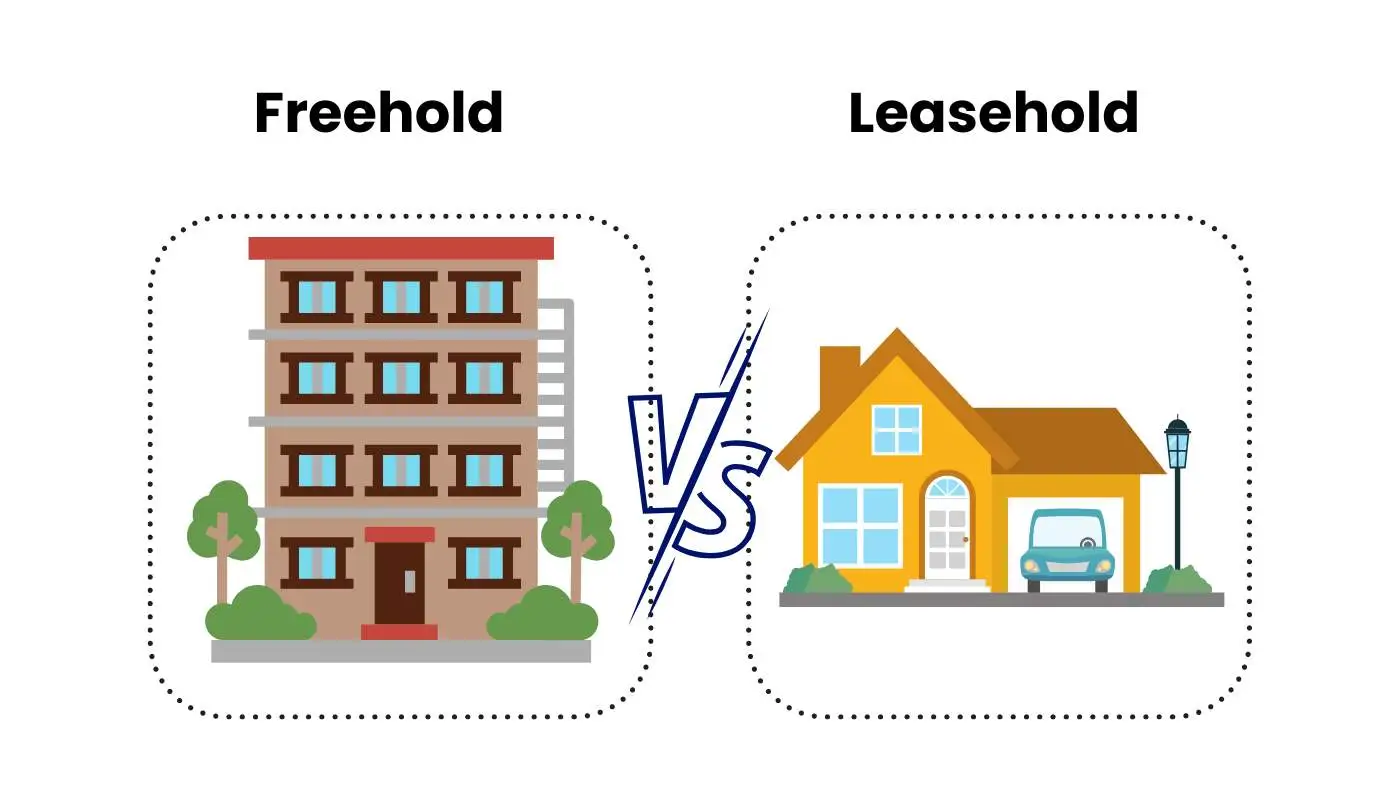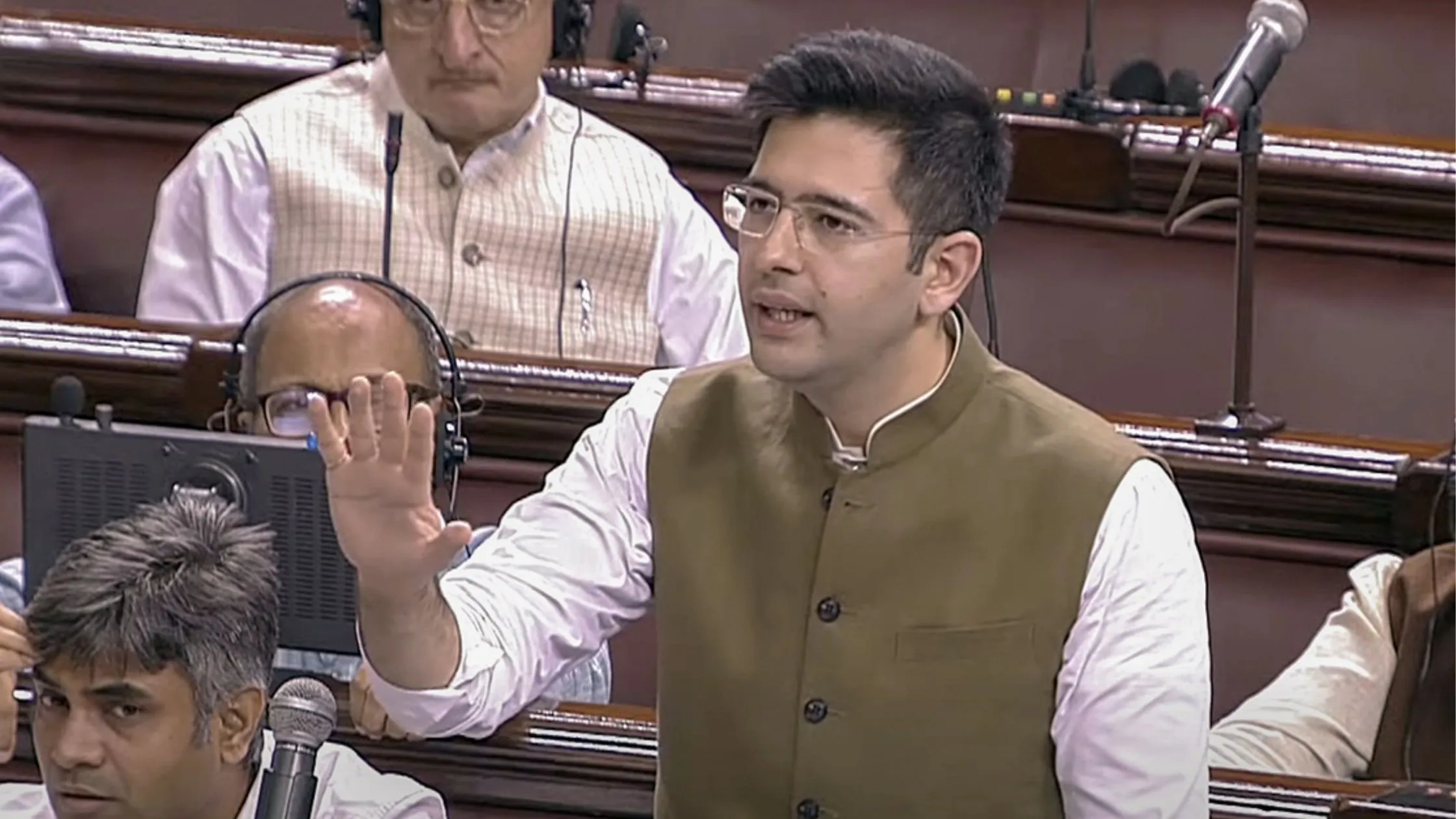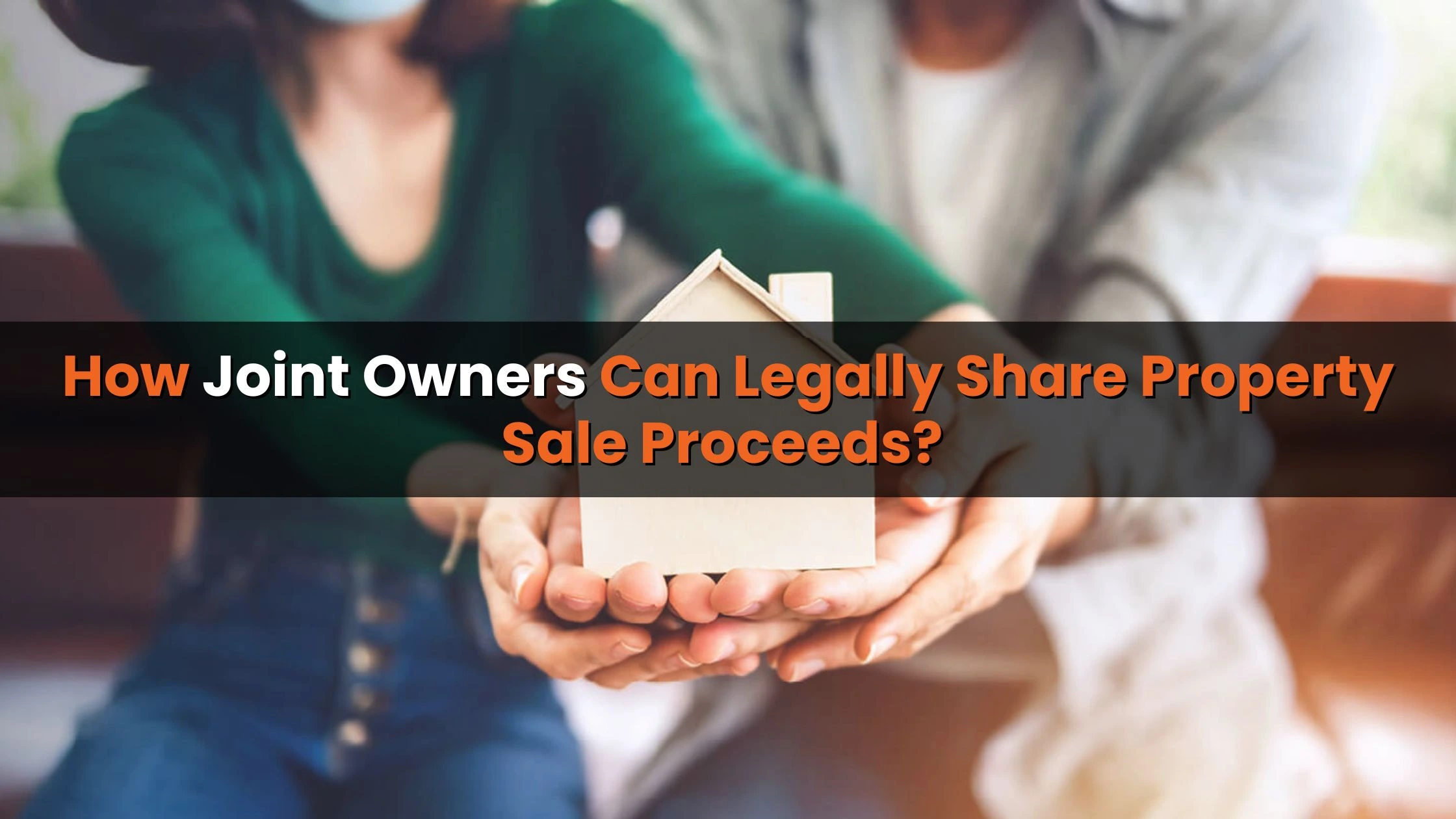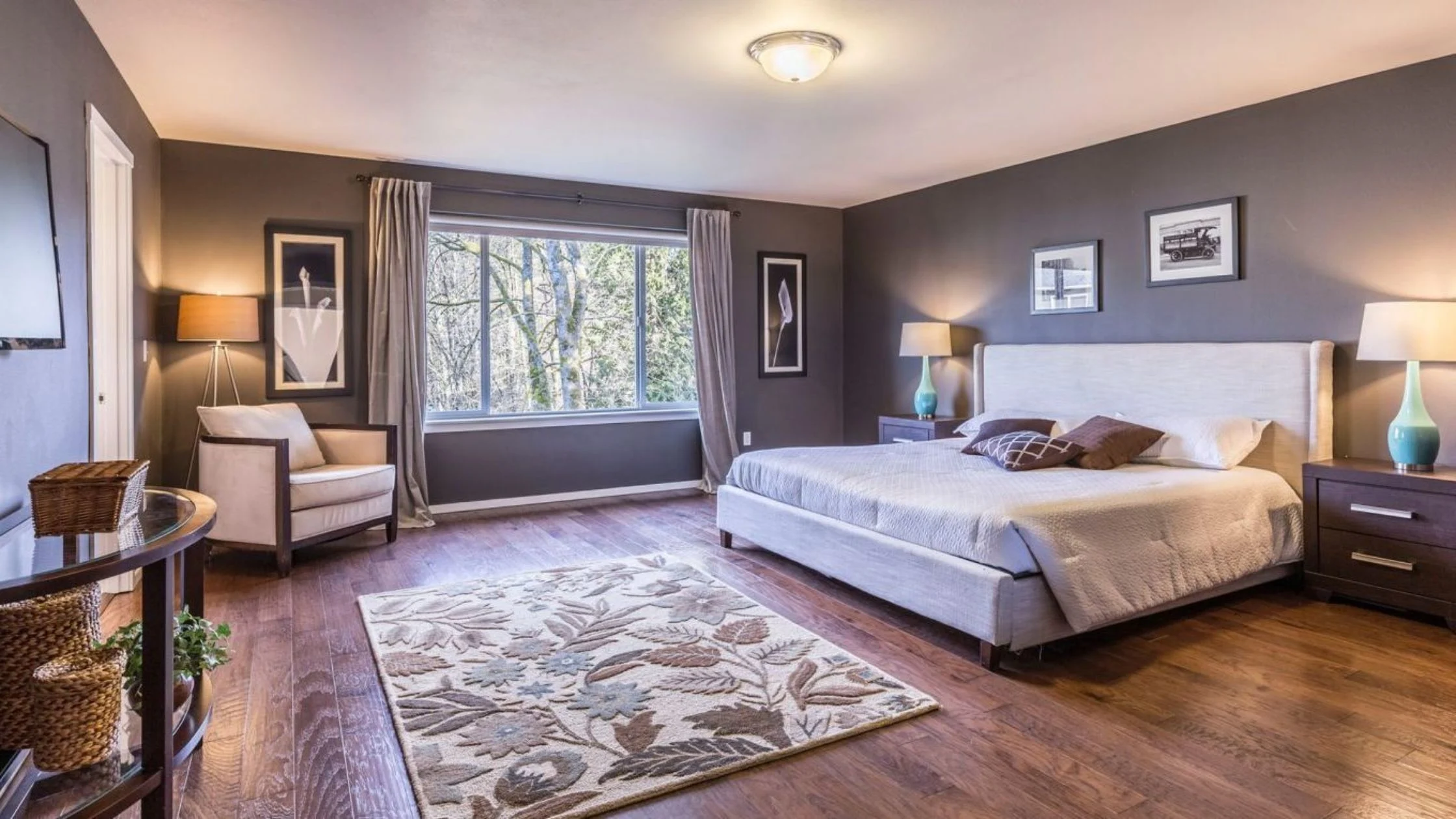Table of Content
▲
Property in India can be categorized into two types: freehold and leasehold. You might have heard about freehold properties and the government's decisions to convert certain leasehold lands to freehold. If you're wondering what freehold property is, this blog will help you understand its concept, differences from leasehold properties, benefits, owner rights, documentation process, and more. Whether you're a first-time homebuyer or a seasoned investor, understanding these distinctions can help you make informed decisions when buying, selling, or investing in real estate.
What is Freehold Property?
Freehold property, as the name implies, is a property that is completely free from any ownership constraints. The individual or association owning the building also owns the land it is built on. This gives the owner absolute ownership of the property. One of the significant advantages of freehold property is its ease of handling, whether you wish to sell or lease it out. With fewer complications, the owner controls every aspect of the property without needing to answer to anyone else. When you purchase a freehold property, you have the liberty to make any modifications you desire, such as adding rooms or floors, without worrying about your rights.
What is Leasehold Property?
Leasehold properties are the exact opposite of freehold properties. These are properties that you lease rather than own. Lease periods can range from as short as one year to as long as 99 years. While you can use the building during the lease period, you cannot claim ownership of the land and must contact the actual owner to make any changes to the building. The main advantage of leasehold properties is the limited responsibility. You often don't have to spend money on major repairs or damages and can avoid regular maintenance costs.
Also Read: State-wise stamp duty in India 2024
Difference Between Freehold and Leasehold Property
To help you better understand the distinctions between freehold and leasehold properties, here is a comprehensive comparison:
Ownership:
- Freehold: Full ownership of both the building and the land.
- Leasehold: Ownership of the building for the lease period, but not the land.
Control:
- Freehold: Complete control over the property and its modifications.
- Leasehold: Limited control; significant changes require the owner's consent.
Ease of Transfer:
- Freehold: Easier to sell or lease out.
- Leasehold: More complicated process for selling or leasing.
Responsibilities:
- Freehold: Owner is responsible for all maintenance and repairs.
- Leasehold: Limited responsibilities, often excluding major repairs and regular maintenance.
Understanding these differences will help you navigate the property market more effectively and make smarter decisions regarding your real estate investments.
|
Features |
Freehold properties |
Leasehold properties |
|
Ownership |
Absolute ownership. The owner has 100% rights. |
The lessee has the right to use the property for the leased period but cannot claim ownership. |
|
Period of ownership |
The person owns the property forever or until it is sold. |
The lessee can use the property for the leased period. |
|
Rights |
The owner has unlimited rights to make changes, sell, rent, or lease out the property. |
The lessee can make use of the house and all its features. However, they cannot sell, rent, lease out, or make structural changes without the lessor's permission. |
|
Availability of bank finance |
Banks finance people who want to buy freehold properties. |
Banks usually finance leasing only if the period is >30 years. |
|
Maintenance and damage costs |
The owner is entirely responsible for maintenance and damage charges. |
The actual owner (lessor) will handle major damages and repair costs. |
|
Restrictions to use the property |
There are no restrictions on inviting guests, having pets, or renting out the property. |
There may be specific restrictions put forth by the lessor that needs to be followed. |











Ans 1. Advantages: Complete control: As a freeholder, you have total autonomy over your property, a key aspect in the freehold vs leasehold debate. No extra charges: Unlike leasehold land, owning freehold property means no ground rent or service fees.
Ans 2. the legal right to live in or use a building or piece of land for an agreed period of time: His family held the leasehold/had the property on leasehold. Compare. freehold. Renting property.
Ans 3. What is Freehold Property. Definition: Freehold property can be defined as any estate which is "free from hold" of any entity besides the owner. Hence, the owner of such an estate enjoys free ownership for perpetuity and can use the land for any purposes however in accordance with the local regulations.
Ans 4. 1. What type of properties are preferred by buyers, a freehold or leasehold? Most home buyers prefer freehold properties for complete ownership. However, those looking for cheaper properties may opt for leasehold.
Ans 5. Disadvantages of Leasehold PropertyThe value of the property can decrease as the lease shortens, and renewing the lease can be costly. Leaseholders also often face annual ground rent and service charges, which can increase over time.